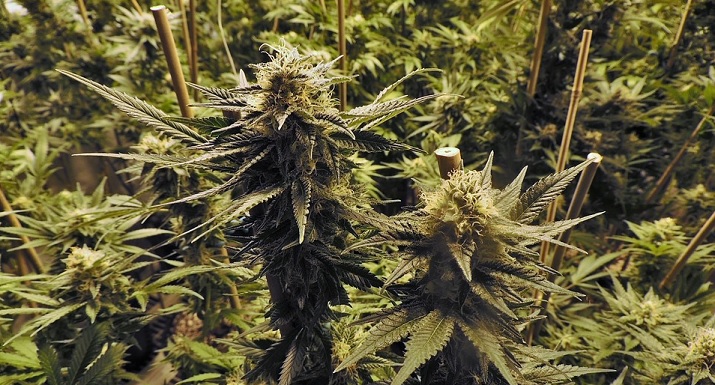
Taking cues from the argument surrounding immigration, some pro-marijuana states are considering providing sanctuary status for licensed marijuana businesses in hopes of protecting the flourishing industry from a shift in federal enforcement policy.
A few hours after U.S. Attorney General Jeff Sessions announced in January that federal prosecutors are free to crack down on marijuana operations as they see necessary, Jesse Arreguin, the mayor of Berkeley, called city council member Ben Bartlett to his office with the novel idea of making Berkeley a marijuana sanctuary city, Fairbanks Daily News-Miner reports.
Berkeley, California became the first city in the country to formally declare itself a sanctuary city for immigration, and the mayor figured the city could do the same for marijuana. And, in February, Berkeley did just that.
Other cities and states may soon follow Berkeley in creating a marijuana sanctuary. Alaska, California and Massachusetts lawmakers are already aligned with pending legislation.
Adam Wool, an Alaska state representative and owner of a movie/restaurant/concert venue with a liquor license in Fairbanks, said he introduced a bill for sanctuary status as both a statement and a precaution. He said, “If the federal government wants to prosecute someone for breaking federal law, I guess they have every right to do that. I’m just saying, we will have no obligation to assist them.”
Jennifer Canfield, a marijuana proprietor in Alaska, said, “I don’t think the federal government is going to effectively step in and wipe us out of business. I just find that hard to believe at this point. But they can make it hard for us.”
Morgan Fox, a spokesperson for Marijuana Policy Project, said she doesn’t see federal agents raiding businesses that maintain state compliance. She said, “But you can’t put it past them. I wouldn’t put it past at least a few of them to want to gain points with their boss. But I think, politically, it would be a disaster for them.”
Massachusetts’ sanctuary bill was drafted after comments from its U.S. attorney, Andrew Lelling, who declined to rule out prosecution of commercial marijuana businesses that are compliant under Massachusetts state law. He later commented that his priority would be prosecuting opioid crimes and not marijuana.
 Idaho Marijuana | ID Marijuana Idaho Marijuana News and Information
Idaho Marijuana | ID Marijuana Idaho Marijuana News and Information


